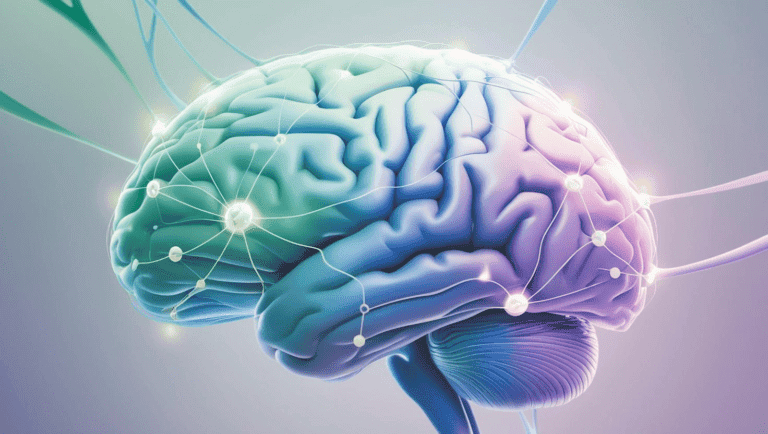Introduction
The Diagnostic and Statistical Manual of Mental Disorders (DSM) serves as the foundation for mental health diagnoses. Yet, its historical and ongoing biases have far-reaching consequences, particularly for BIPOC populations. This blog delves into how systemic racism within the DSM impacts child psychology and what steps are needed to address these inequities.
Historical Context of Bias in the DSM
The DSM’s origins are rooted in Eurocentric perspectives that often disregarded or pathologized behaviors in marginalized communities.
For example, early editions of the DSM included diagnoses like drapetomania, which pathologized enslaved individuals’ desire for freedom. While overtly racist diagnoses have been removed, subtle biases persist.
A 2023 study by Chang and Patel highlights how Black children are more likely to receive diagnoses of conduct disorders, while white children exhibiting the same symptoms are more often diagnosed with ADHD or mood disorders (Chang & Patel, 2023).
Implications for BIPOC Children
These biases lead to disparities in treatment and access to care.
- A Black child diagnosed with a conduct disorder may face punitive interventions, rather than the supportive therapies offered to a white child diagnosed with ADHD.
- Latina girls are often overlooked for anxiety or depression diagnoses, with their emotional struggles dismissed as “normal” cultural behavior (Martinez et al., 2023).
This misdiagnosis and lack of appropriate treatment further perpetuate systemic inequalities in mental health care.
Strategies for Change
To address these issues, several key reforms are necessary:



Conclusion
The DSM’s biases are not relics of the past but ongoing challenges that demand systemic reform. By acknowledging and addressing these issues, we can create a diagnostic system that serves all children equitably.
References
Chang, E., & Patel, D. (2023). Racial Bias in Mental Health Diagnoses. Journal of Psychiatry and Ethics.
Martinez, R., Brown, A., & Walker, S. (2023). Gendered Racism in Child Psychology Diagnoses. Developmental Science.

